✠ Psalmody: Psalm 66:4, 1-2; Psalm 107:20–21; Psalm 97:1; Psalm 66:1-2a, 16; John 2:7a, 8b, 9a, 10b, 11a
✠ Lection: Amos 9:11-15; Romans 12:6–16a; John 2:1–11
In the Name of the Father and of the ✠ Son and of the Holy Spirit. Amen.
In the highlands of southwest Tanzania is a town in which we lived a number of years, Mbeya. Even though its population is reported to be 270,000, being in such a large place doesn’t exempt its residents from the country’s widespread poverty, for even the daily need of water requires much work. Our househelp, Mama Ima, told us of her children getting up very early in the morning, each taking an empty 5-gallon bucket to the nearest water source. For some in Tanzania, this daily ritual meant going to the nearest city-provided, common faucet that was connected to the water system. For others further out in villages, it meant a round-trip walk of maybe a mile or two, of which the return trip had to be made with 40 pounds of water carried balanced on the head, as was their custom for carrying things. The water Mama Ima’s children returned with was used for drinking, cooking, and cleaning; cleaning their homes, dishes, and themselves. Then, the next morning, they’d do it all again because they would need water for their thirst, for their cooking pots, and for themselves.
Original sin and the wicked flesh befoul all Tanzanians. It befouls all people of the earth, for the daily stench of our sins is much worse than our bodily end-of-day odors, yea, even after showering in the morning. We need continuous cleansing. Natural law shows this, and of the heart, the Scriptures testify the same. To purify themselves, some Jews of Jesus’ day kept water in large stone vessels nearby to avoid long, repetitive hikes to water sources for they regularly desired to not simply cleanse outward grime, but to ceremonially wash away the barrier of unsurmountable filth between them and God; a filth at least unsurmountable by man’s works. Their repetition calls to mind the letter to the Hebrews where the point is wonderfully made regarding the repeated sacrifices in the temple of God that had to be done upon the earth. We learn that the blood of bulls and goats is insufficient to endure, that they must’ve been offered again and again, much like the body is in regular need of washing. Likewise, if the Jews’ ceremonial cleansing was ongoingly effective, there would be no need for such jars to be kept on hand that could repeatedly be filled and used with large amounts of cleansing water. But, due to the fact that we do not quit spiritually soiling ourselves until we breathe our last or the Lord returns, the purification rites in those days had to continue. An unholy people cannot approach the Holy God in a state of uncleanness. And just as the sacrificial rites in the Old Testament were foreshadows of the timely sacrifice of Christ once and for all, the ceremonial purification rites, too, would no longer be needed at this eternal Bridegroom’s coming.
There in the midst of the then-wineless wedding stood the large, stone vessels; hard, heavy, lifeless stalwarts bearing witness to the Law given by the Holy One in heaven. But, unlike with these jars, man cannot budge the Law. It stands immovable, meaning we can neither change nor upohod its demands upon us. And from within that jar is water not meant for drinking. It doesn’t come for our delight as we stand over it peering at how it reflects what we are. Left to ourselves, we would ceaselessly come to it trying to scrub away the stench of our flesh. This is how the water of the Law bears down on us heavier than a thousand-gallon stone vessel exposing our conceit, our greed, our self-centeredness, our lack of sacrifice for our other’s sake, our failure to recognize that the Bridegroom bearing redemption is in our midst. Because it is good and holy, the Law shows the darkness of sin covering us all as ones unclean to the core. Yet, the water of the Law is unable to make us righteous. Such a miraculous changing can only be done through the glory and might of the Son of God. Thus, in a wedding feast in Cana, St. John began to tell us of Christ’s miracles and ministry which would lead to the time of His true hour; the hour at which the heavenly Bridegroom would lay down His life so that His Bride, the Church, may come to life through what poured out of His side; Her true Drink of Life, indeed.
Being as wonderfully sacrament-focused as we are, reading John 2 by itself would easily lend us to interpret this miracle as Eucharistic, as one teaching us about the Lord’s Supper since it has wine at a marriage feast. But, looking backward and forward, we see John invoking significant water imagery in his early chapters: there’s John the Baptist testifying to Christ and baptizing with water; Jesus coming as the proclaimed Lamb of God to be baptized with water; the water jars at the wedding; Jesus telling Nicodemus, “unless one is born of water and the Spirit, he cannot enter the kingdom of God.”; John the Baptist’s disciples discussing baptism and purification with the Jews; and finally Jesus and the Samaritan woman at the well.
The church year calls us once again to the font where what was at a time used to repeatedly cleanse oneself in purification rites has now become a singular, eternally-effective washing of water combined with God’s Word. The Bridegroom, Who gave Himself up for His bride, you, the Church, cleanses her by the washing of water with the word so that what she becomes by His doing is an eternal gladdening of the heart, much more than the best wine can stir within. The Lord’s hour that did come on that horribly great Friday upon the cross was what the sign in Cana was pointing to. The Law that sat in cold, stone vessels was made into fine wine that gladdens the heart of God’s righteous. What was once a harsh treatment of the flesh became delight for the tongue and the heart and the soul. The Lord was revealing His glory, the glory of God, the eternal Bridegoom, Who would self-sacrifice to atone for the sins of the whole world.
The wedding at Cana is tied into what we’ve been hearing recently, and our Church fathers have done us great service in having it follow the Epiphany of our Lord, then His Baptism, because it is what St. John did in his gospel account. The sweetness of the water jars now call you to remember your baptism by water with the word, for in it you were changed to have everlasting delight; cleansed every day unto eternity, now possessing the gift of the Holy Spirit and faith in the One Who purifies you.
In ✠ Jesus’ Name. Amen.



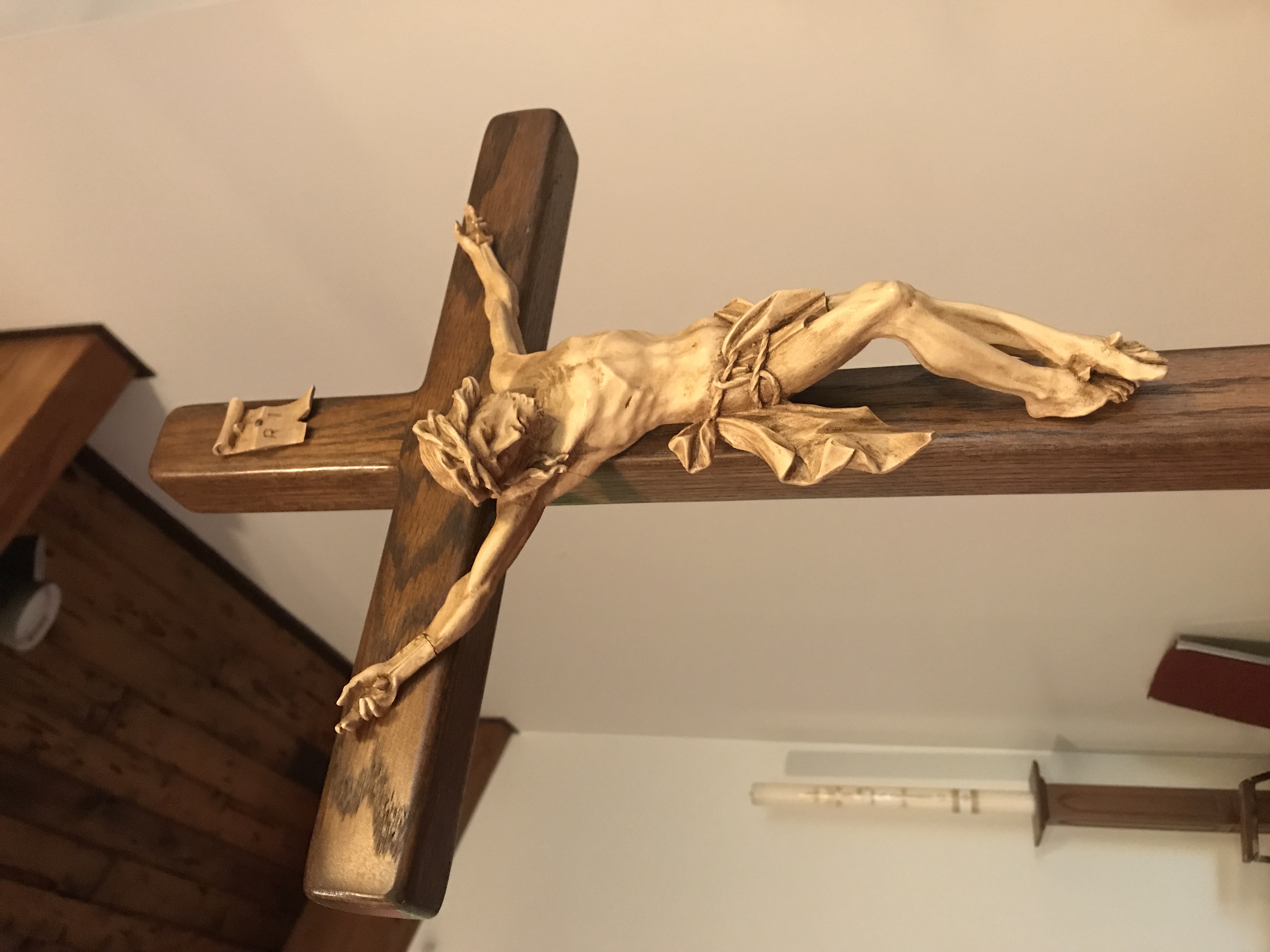
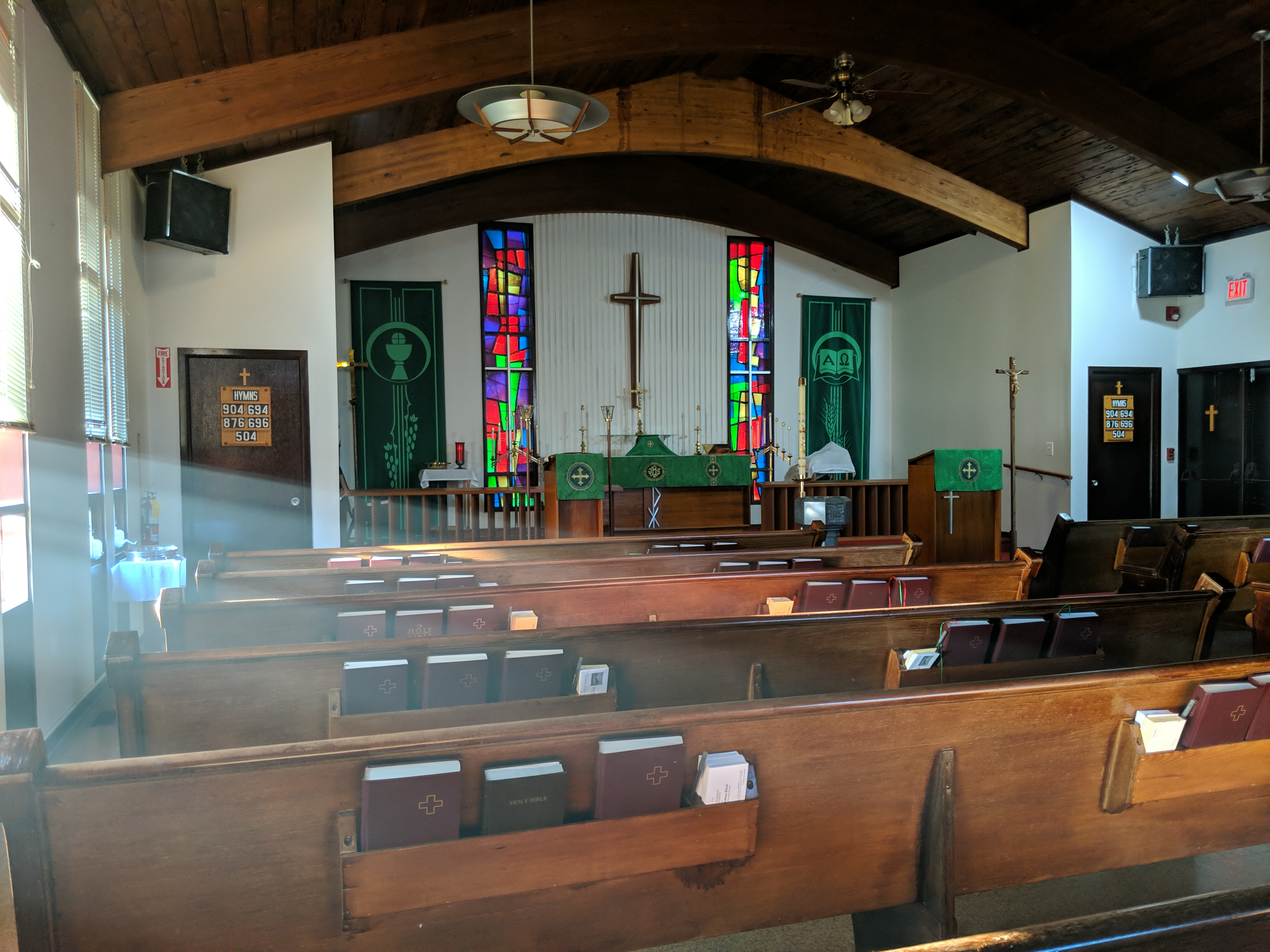
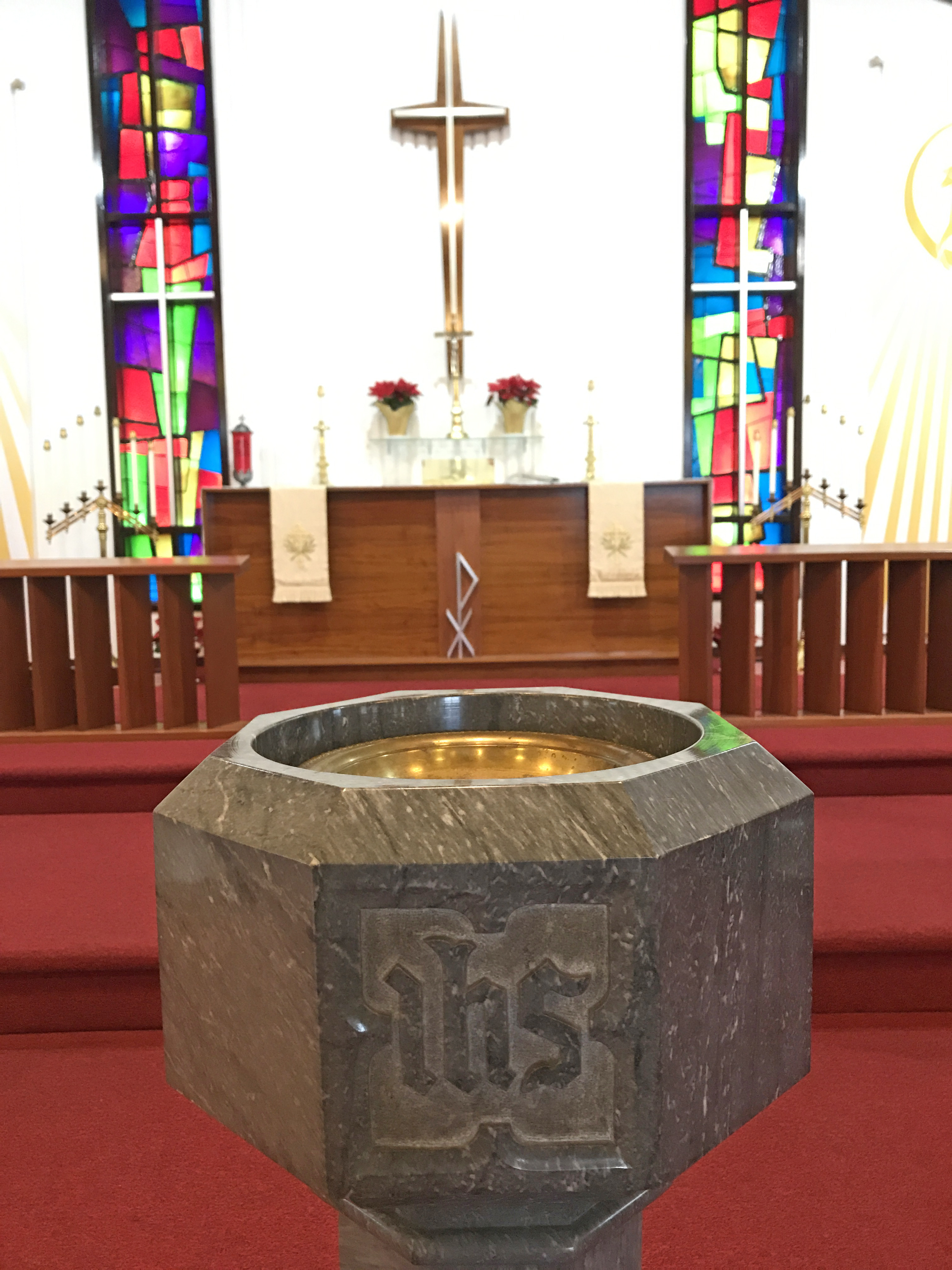

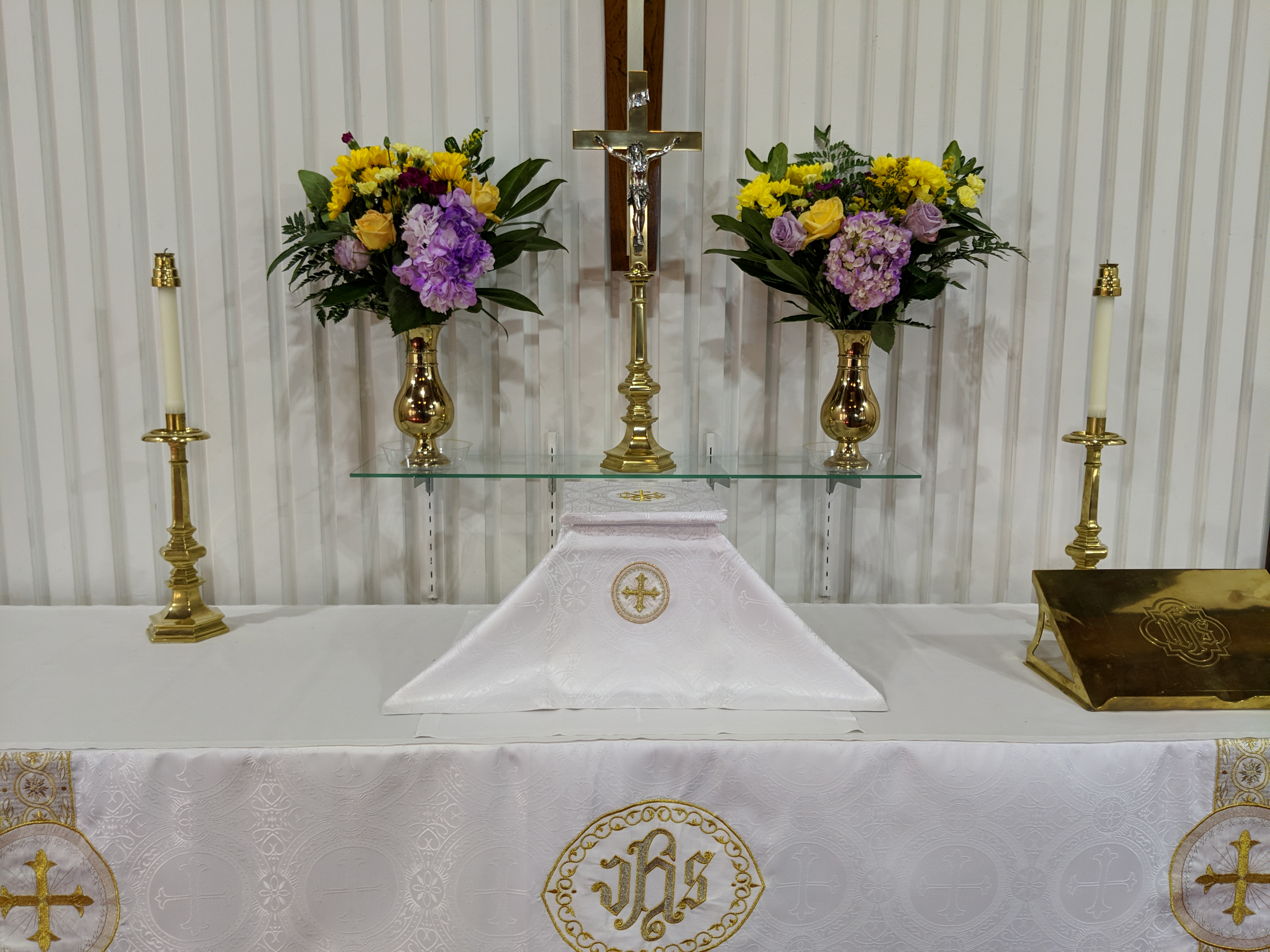




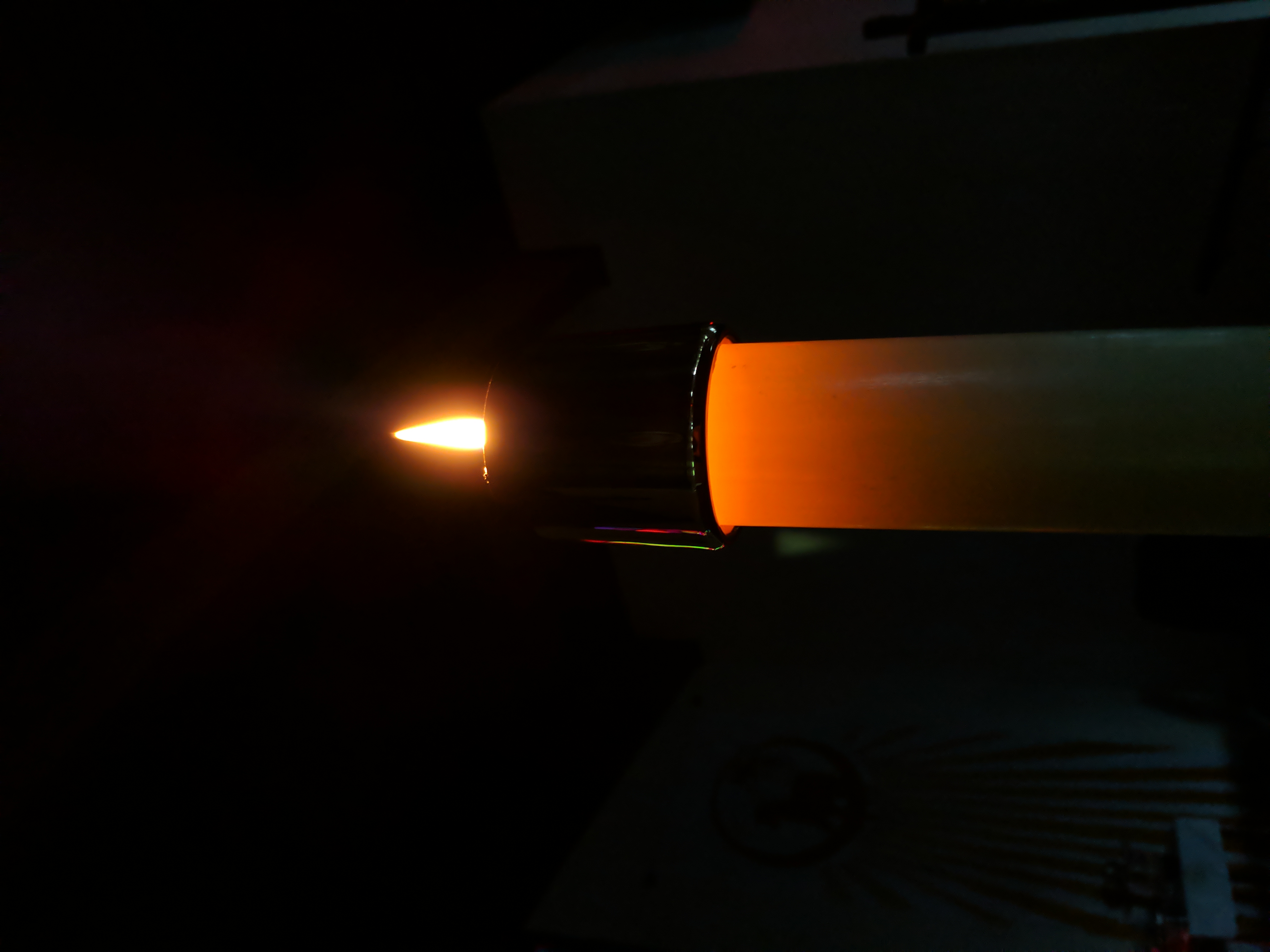


Comments are closed, but trackbacks and pingbacks are open.